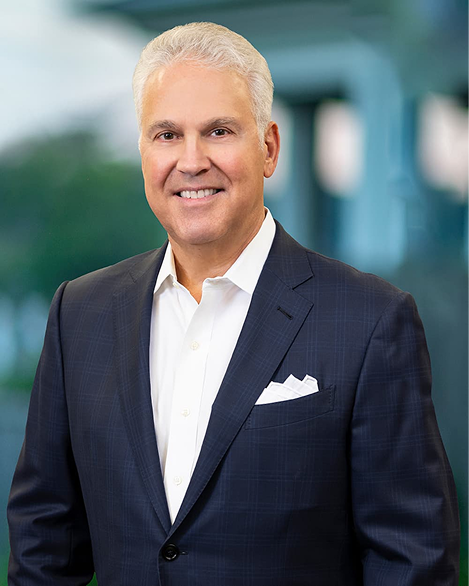As an independent financial advisor and Managing Partner at Trivium Point Advisory, Lee believes that financial planning is a process that should reflect the client’s vision, values, and goals. Specializing in high-net-worth individuals, Lee has carved out a niche that extends to physicians, entrepreneurs, professional athletes, and entertainers on both the east and west coasts, helping them to understand their current situations and define future goals. He designs flexible strategies, recognizing that nothing remains static; people’s lives change, and plans need to be adjusted on an ongoing basis. “Nothing is more satisfying to me as a financial advisor than helping my clients pursue their goals and work towards protecting their wealth for current and future generational planning.”
Lee and the team at Trivium Point provide clients with meaningful solutions to a wide range of financial matters including investments, risk management, estate and tax planning, insurance planning as well as qualified and non-qualified retirement plans. He is a specialist on retirement income planning that includes the use of a wide array of alternative investments*.
Lee has a BA degree in Economics from Manhattanville College. His vast financial knowledge puts him in demand as a public speaker on a variety of financial issues. He has delivered presentations and educational seminars to a range of organizations, including the American College, NYU Medical Center, Montefiore Hospital, and the National Association of Insurance and Financial Advisors nationwide. His videotaped presentations have been used as an educational tool for people just entering the financial services industry.
Lee lives in Westport, CT with his wife Eva and their two children. He enjoys film, theatre, golf, tennis, and baseball.
* Investing in alternative assets involves higher risks than traditional investments and is suitable only for the long term. They may not be tax efficient, and have higher fees than traditional investments. They may also be highly leveraged and engage in speculative investment techniques, which can magnify the potential for investment loss or gain.
